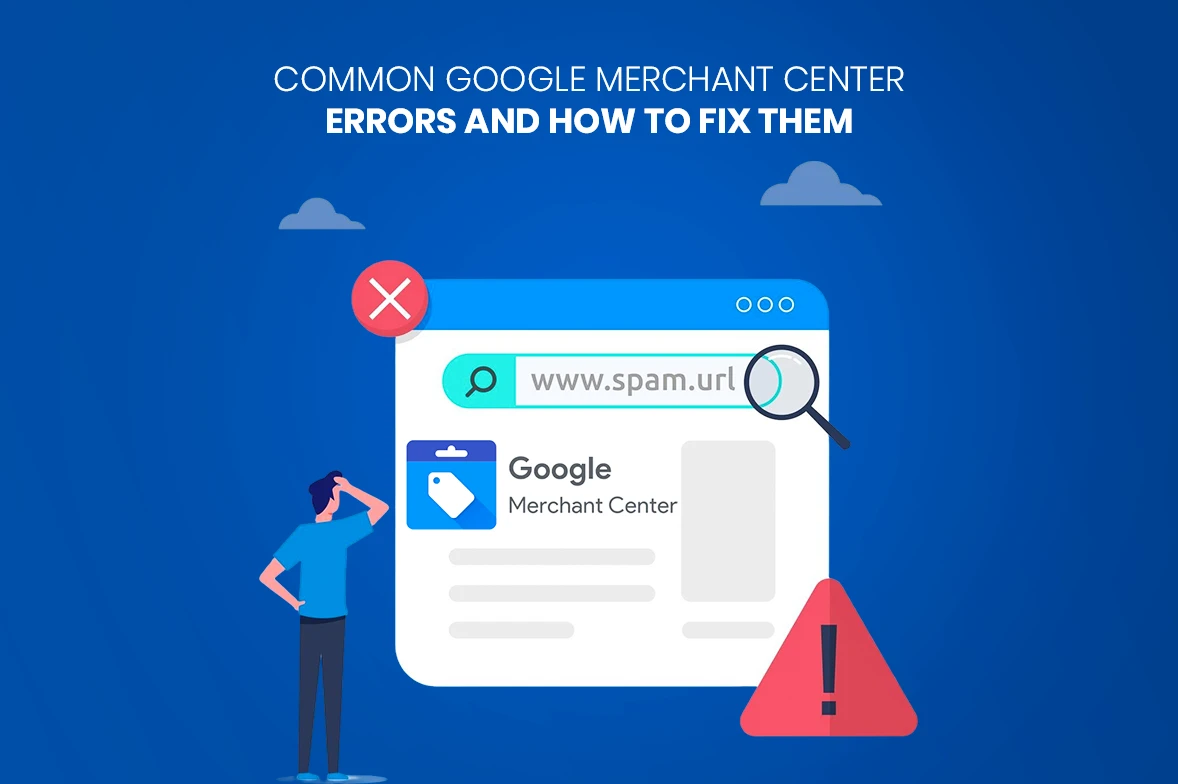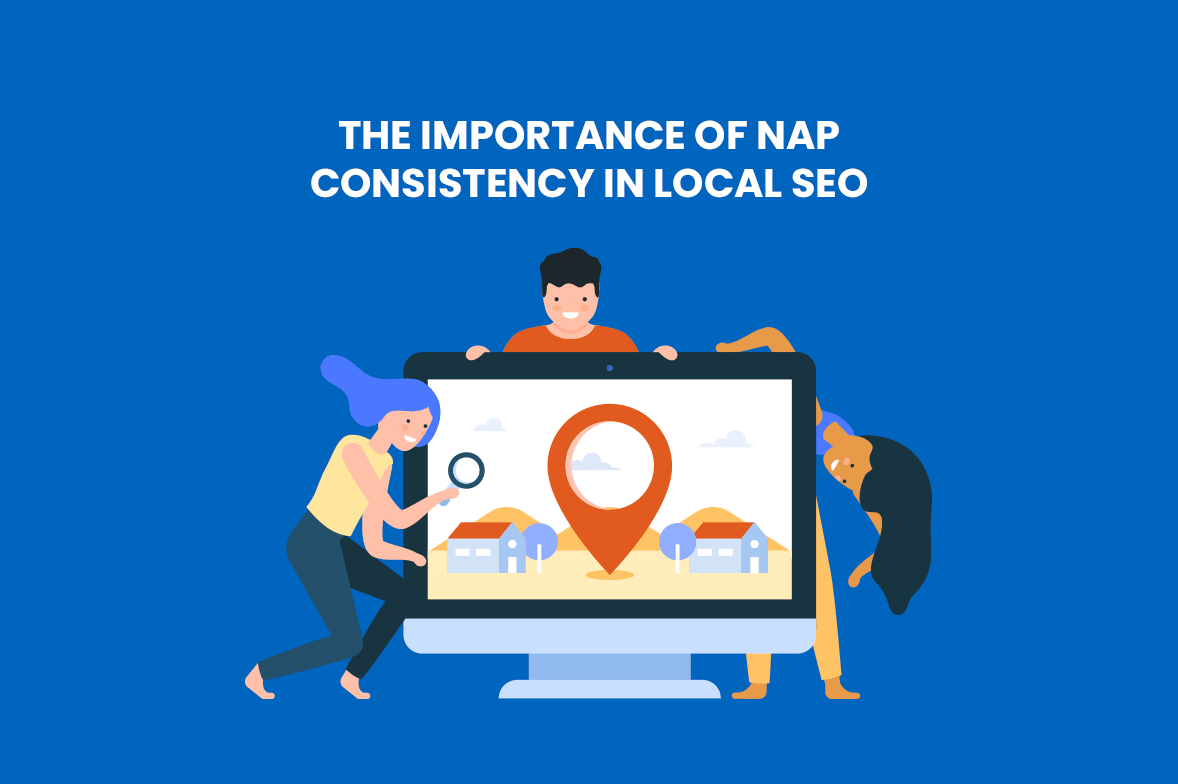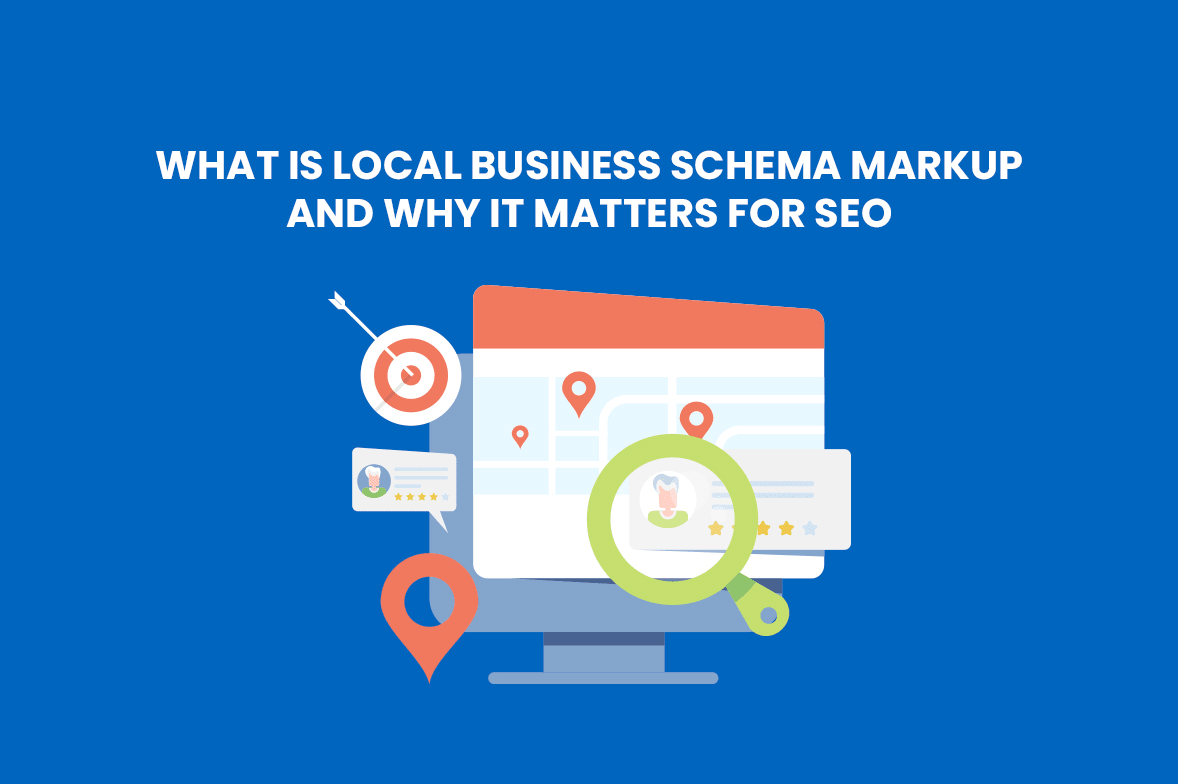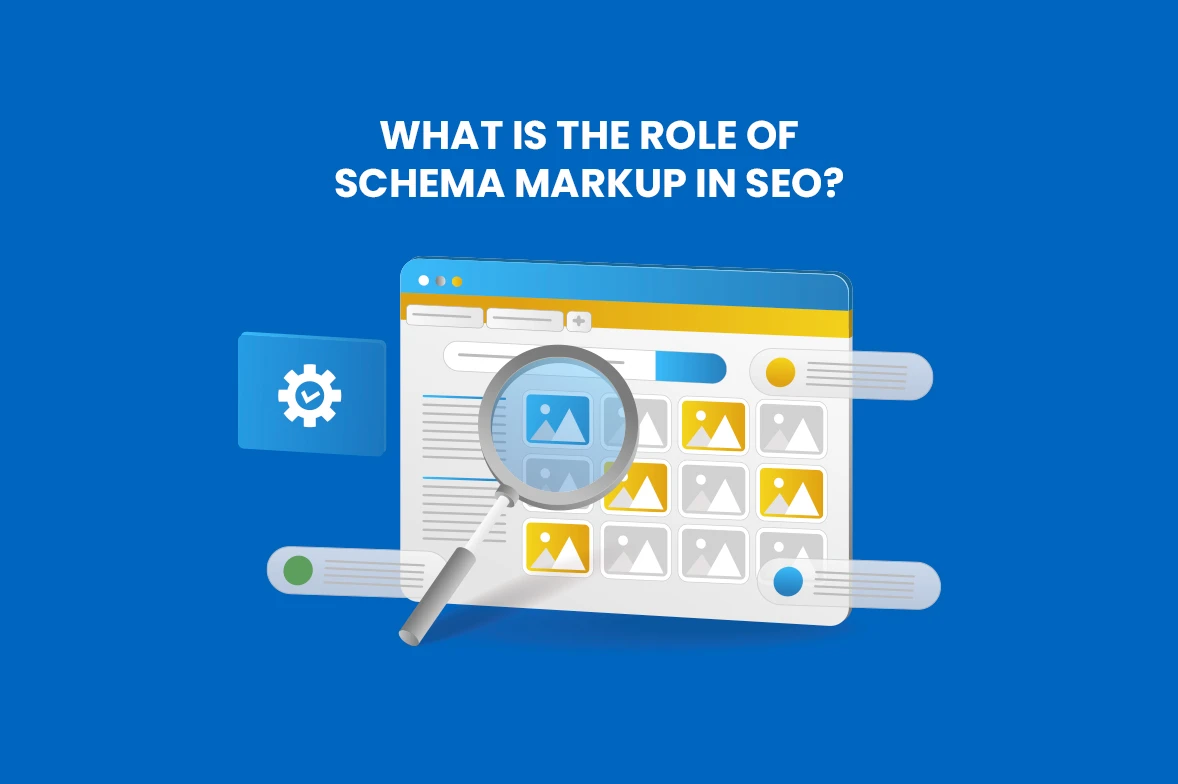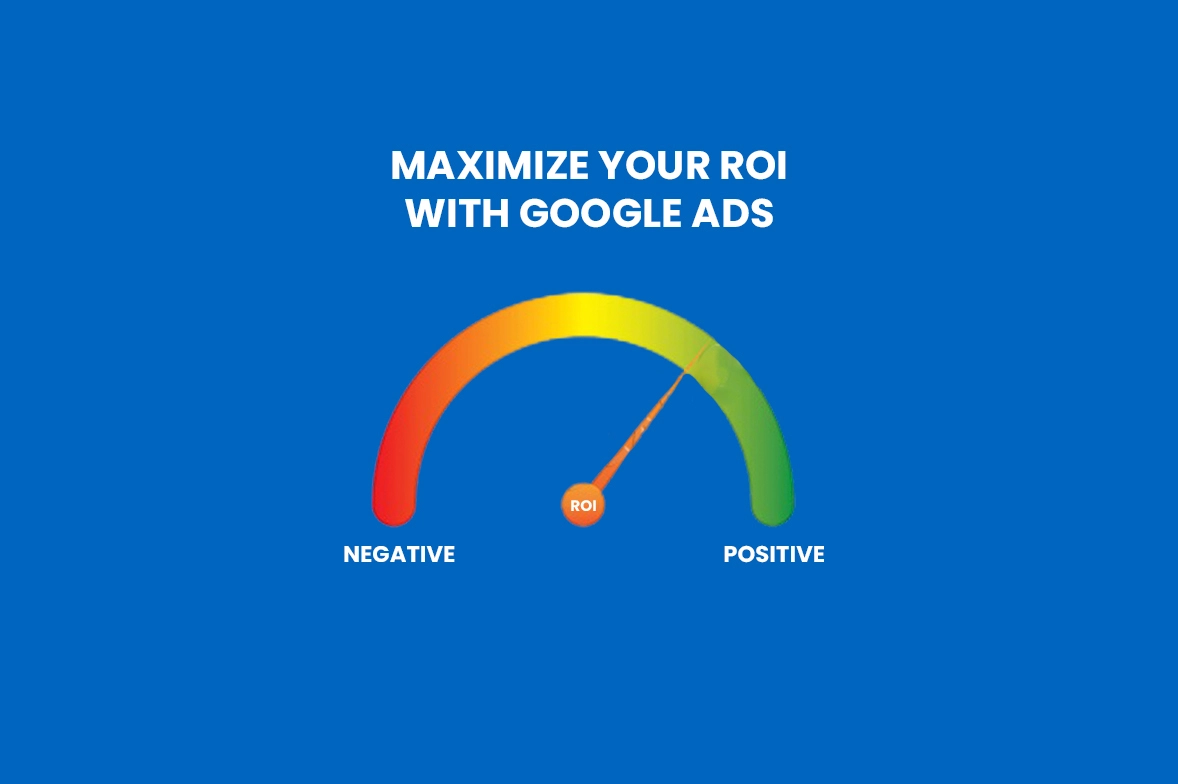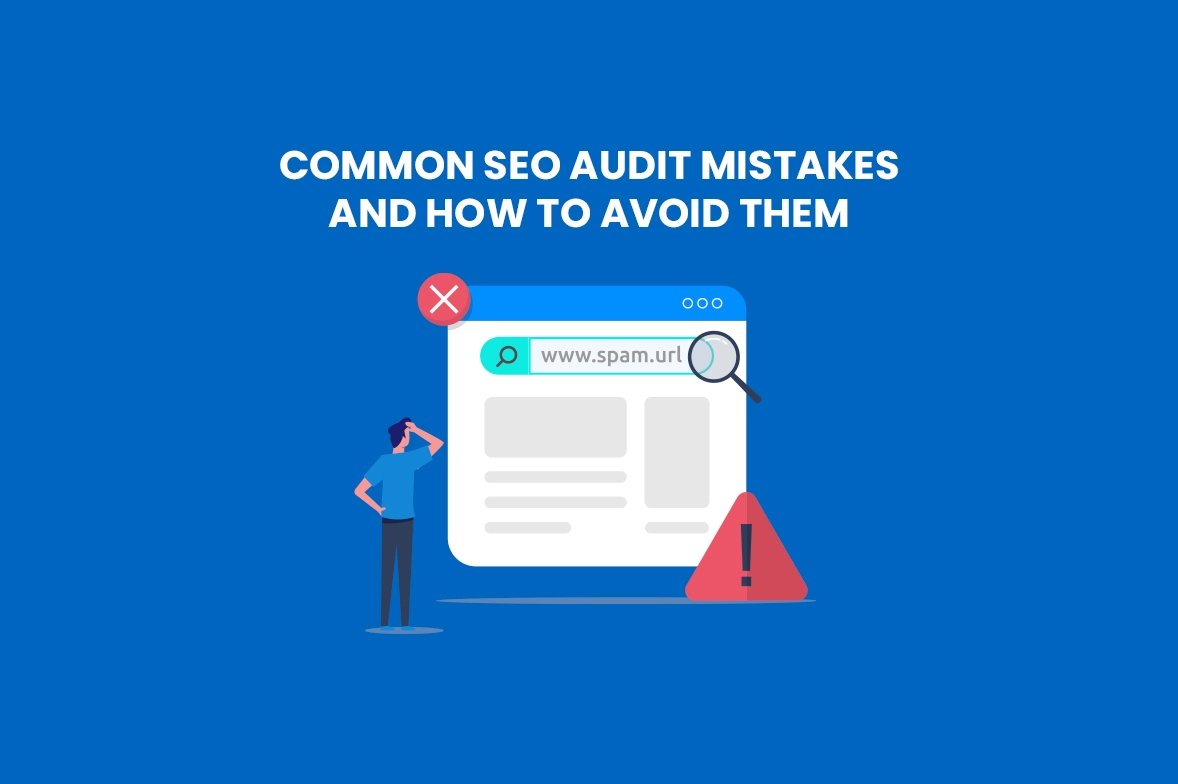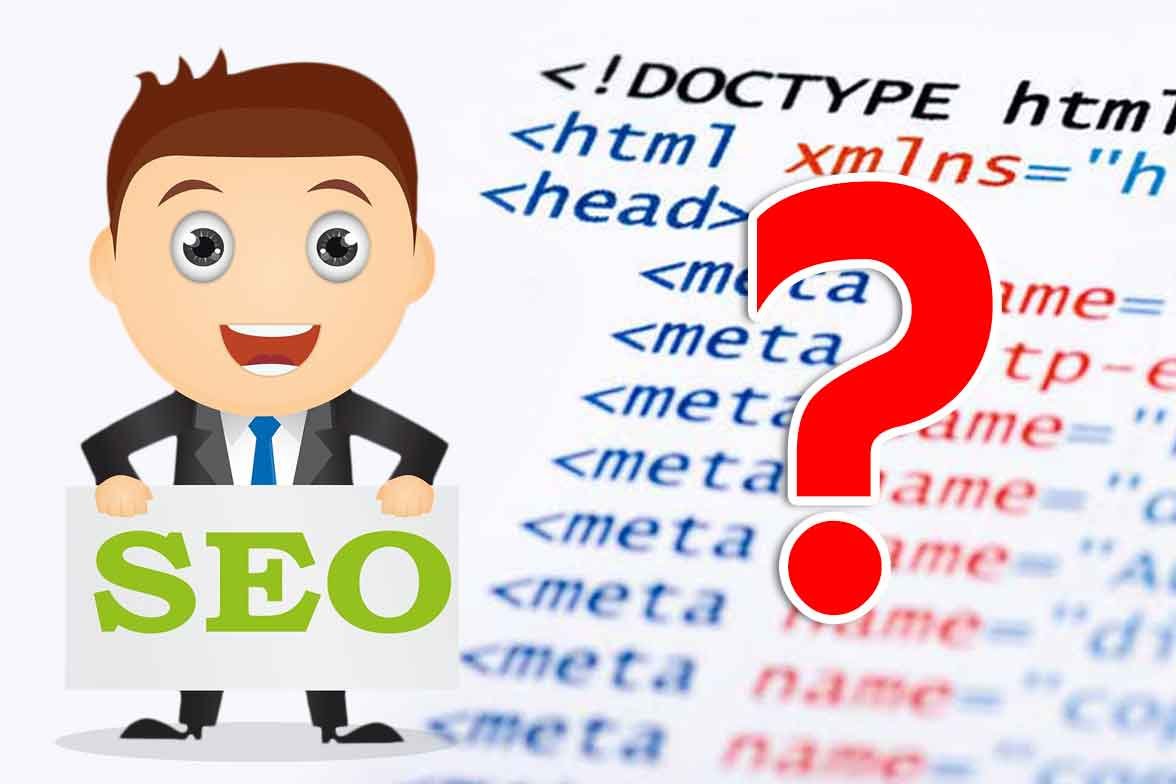
Are Meta Tags Still Important for SEO in 2019?
We are in the year 2019. Digital marketing has gone crazy, riding the wave of success with SEO as one of its top leaders. If you still haven’t heard of SEO or its importance, I need to ask you…WHERE HAVE YOU BEEN? You are in deep trouble!
All is not lost. Read on to learn more. SEO is important for a business as it enables it to rank on Google’s page one and to be found by potential leads. Meta tags are one of the most critical factors of SEO. They are incorporated into the HTML code of a web page. These ‘invisible workers’ help search engines to find and categorize your web page content.
What are Meta Tags?
‘A meta tag is an element that provides information about the metadata of an HTML document. This information could be keywords, author, page description, or any other description about the specific page…Meta tags are also known as description tags, meta description tags or metadata tags.’ Techopedia
Some of the most important and common tags are Title tag, Meta description, Canonical tag, Alternative text (Alt) tag, Robots tag, Open Graph tag (Social media tags), and Header tags. What do they do? They increase user experience, help the search engines, and give SERP snippets an attractive and informative look.
Let’s have a look at the important ones.
1. Title Tag
Title tags help readers and search engines to understand the content of a particular page and display it in the SERPS. It is one of the first things that people see. Earlier these title tags were stuffed with keywords. Google’s shift to semantic search has brought down the value of the tag a little. But the tags should be used at three points of high visibility: the SERPs, Web-browser tabs, and social networks. Remember: keep the title tag under 70 characters.
2. Meta Description
A meta description is a small paragraph of text in the HTML
section and is displayed in SERP right after the site’s title and URL. Here too, it helps in understanding the content. A precise description will reduce the bounce rate. The best length is 160 -172 characters.3. Canonical Tag
With canonical tag, you can tell the search engines which pages are important especially when they have identical content. It also prevents less important pages from getting higher rankings as against other similar ones.
4. Header Tag
Header tags (h1-h6) are tags that structure your page. It is ok not to use them, but the tags help search engines to understand your content in a better way. Google also creates list-type featured snippets from the headings of a page to answer queries. The featured snippet will display h1 to match the query and the subheadings will be listed in chronological order.
5. Open Graph Tags
These tags, first introduced by Facebook in 2010, are additional meta tags in HTML
section. It allows any webpage to become a rich object in social networks. It controls the way information about your page is represented through social media. It affects your performance and increases more click-throughs and conversions.It is so important to have meta tags as part of your SEO. All the elements working together make a great SEO for you that will your competitors a run for their money! Not sure what tags to add and how? Call us!
Anuja Benny
Anuja is a skilled content writer with 4 years of experience crafting engaging and impactful content. She has a knack for delivering clear and audience-focused writing through blogs, articles, copies, technical writing, case studies, and so on. With a keen eye for detail, she is dedicated to delivering high-quality content to connect with the right audience.
